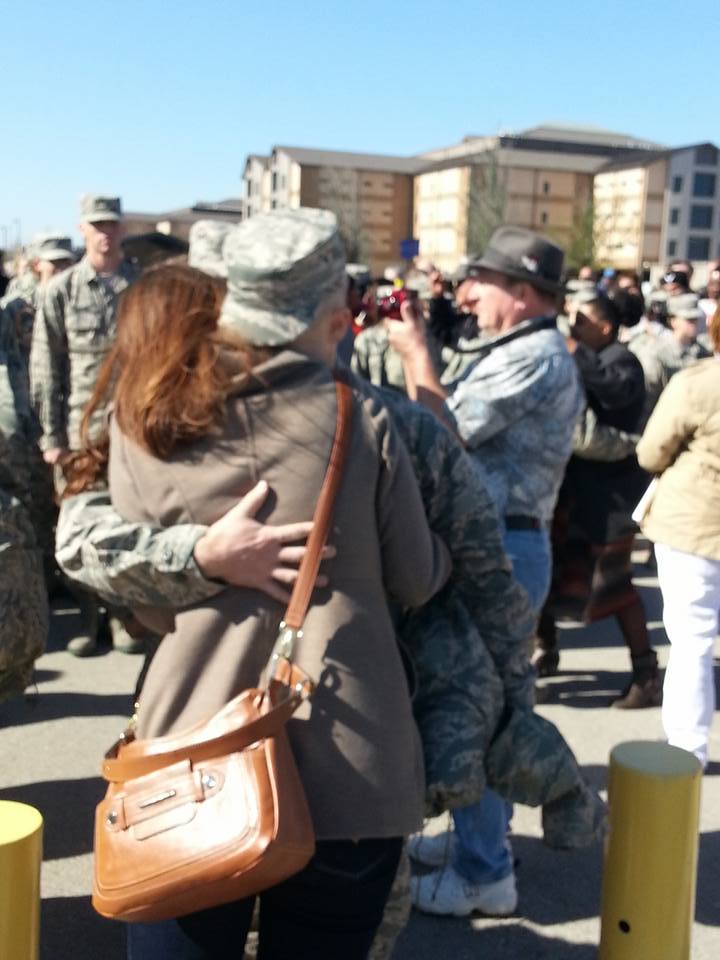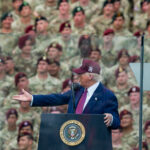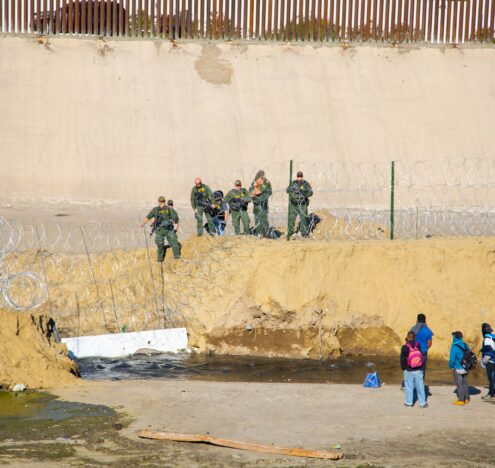An unspecified US adversary has accumulated uranium stockpiles that exceed appropriate enrichment limits. An elite group of US Naval pilots has been tasked with destroying the adversary’s nuclear plant. Unfortunately, the odds are stacked highly against them due to the adversary’s defenses and geographic constraints. In the words of the commanding officer for the mission, the pilots will need two back-to-back “miracles” to succeed.
That commanding officer is of course Tom Cruise’s alter ego, Captain “Maverick” Mitchell. The mission is the plot of the new Top Gun sequel, not a current active threat. But it’s awfully close to one we could imagine as concerns grow about Iran’s nuclear stockpile. This means that despite all of the amazing flight sequences, what’s perhaps most notable about the movie is what’s missing: any sort of diplomatic solution to the problem. And in this omission, the movie makes the best argument I can imagine for why the United States needs to re-join the Iran nuclear deal with urgency.
I won’t give away the ending of the movie. All you need to know is how grueling and life-threatening the mission is for the pilots tasked with carrying it out — and how much harder it would be in real life.
If the United States chooses war over peace with Iran, it will be our families sent to fight, not theirs. And I don’t want my loved one engaging in a battle that should have been won diplomatically.
Don’t get me wrong: I loved this sequel. It gives you all the cinematic intensity, romance, and nostalgia that fans of the 1986 original could hope for. But while it’s one thing to celebrate the totally-cool characters pursuing nail-biting feats on a silver screen, it’s an entirely separate thing to live with that reality looming over your head.
You see, I’m the spouse of an active-duty servicemember. Our friends, neighbors, and colleagues are the pilots (or submariners, infantry, or UAV operators) who fight these fights in real life. If the United States decided to intervene militarily against an actual adversary for nuclear enrichment reasons, our loved ones would be sent into that “impossible” mission (pun intended).
My family, and others like ours, are the ones you see on the screen at the end of military movies if and when our triumphant heroes return (speaking generally here; again, no spoilers!). We are also the ones who miss birthdays, holidays, and all the ordinary days in between due to round after round of deployments. We’re the ones making care packages and comparing notes with each other every time someone gets a sporadic phone call from down range. We’re the ones lying awake at night, fearing for the worst.
What viewers should know about the 2022 Top Gun is that it depicts a terrible scenario that none of us wish for in reality. We don’t want our adversaries to get that close to obtaining or expanding their nuclear weapons. We don’t want to be left with nothing but the most costly and constitutionally-ambiguous military options to respond. We don’t want our loved ones put into harm’s way when there’s a better option. Instead, we want strong diplomacy to prevent something like this from ever happening in the first place.


The Iran nuclear deal (or the Joint Comprehensive Action Plan or JCPOA as it is officially called) would do just that. Re-joining this international agreement would bring Iran back into compliance with appropriate nuclear enrichment levels and extend the country’s “break-out” time to obtaining nuclear weapons. It would give international inspectors more power to monitor and limit enrichment. And it would open a pathway to resolving the other issues that exist between the United States and Iran, such as Iran’s support of proxy militia in the region. It may not sound as glamorous as a Hollywood blockbuster, but it’s the best chance our country has to avoid yet another endless war of choice.
There are politicians in Washington (both Democrats and Republicans) who like playing politics with this deal. This reckless behavior completely ignores the stakes facing our military community. If the United States chooses war over peace with Iran, it will be our families sent to fight, not theirs. And I don’t want my loved one engaging in a battle that should have been won diplomatically.
That’s why the nonpartisan nonprofit I lead recently produced a video that succinctly explains what this deal means to real-life military families: a war we won’t have to fight. I encourage readers and policymakers, especially Senators Ted Cruz (R-TX) and Robert Menedez (D-N.J.), whose respective warmongerings have endangered this deal, to think of this sober reality when they consider the consequences of refusing this deal.
If the United States is going to send actual Top Gun pilots into life-threatening combat, it better happen only after we’ve exhausted all other alternatives.




















